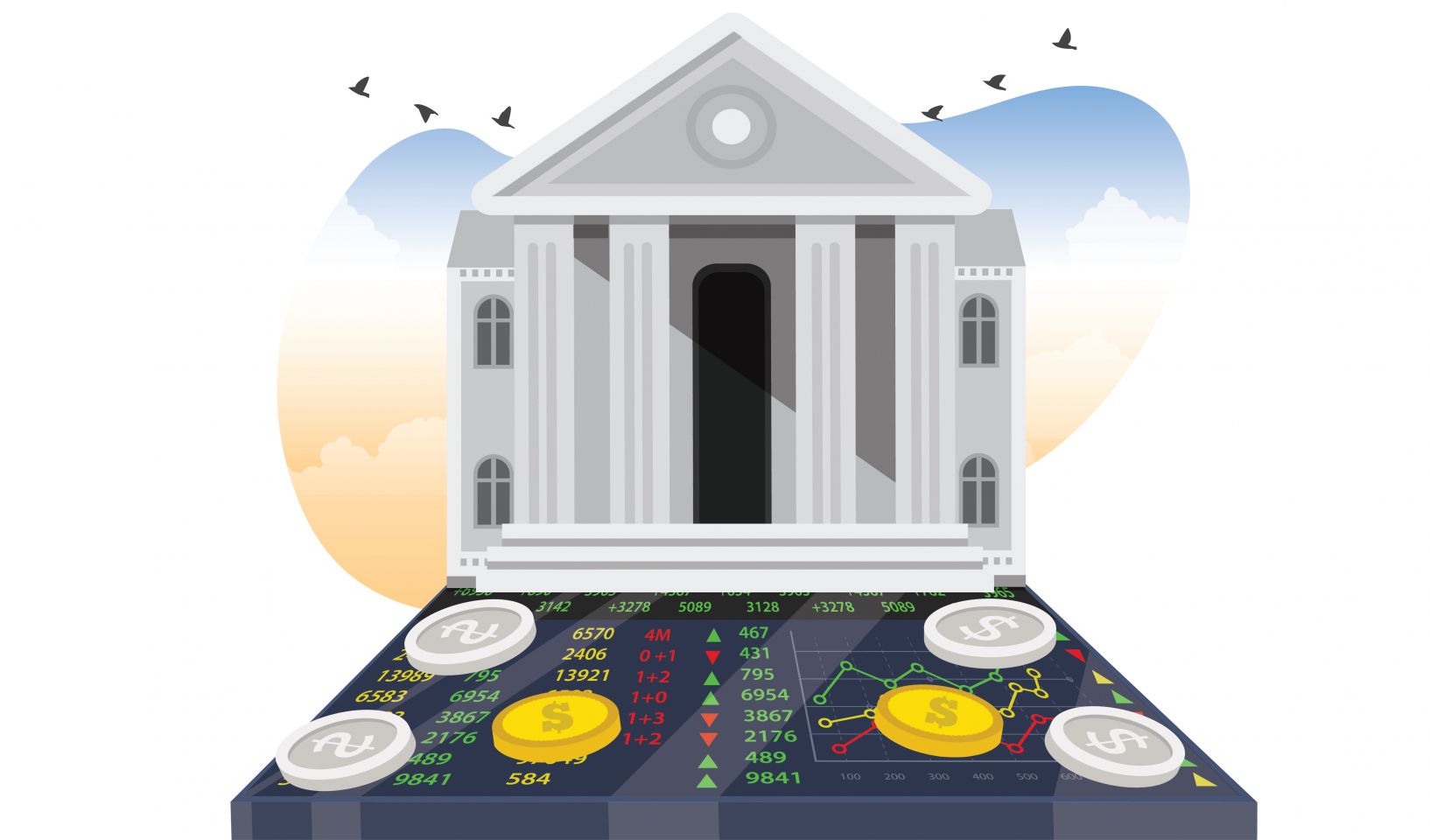What is a financial institution?

Are you looking for a simple financial institution definition? To define financial institution (FI), the term refers to any public or private organisation that is engaged in financial activities such as banking, dealing in stocks and other securities, or providing money services including currency exchange.
Where have you heard of financial institutions?
A financial institution (FI) can be involved in any aspect of economic activity. When you engage with a bank, stockbroker, insurance company or other financial service provider you are dealing with a financial institution.
What do you need to know about financial institutions?
Although you may interact with them on a daily basis, have you thought about how financial institutions work? Financial institutions act as intermediaries in the financial markets, ensuring the continuous flow of money through an economy. They typically provide depository, non-depository, or investment services.
There are several different types of financial institutions, including:

Banks, credit unions and mortgage companies manage deposits and loans of money. Insurance companies and pension funds handle non-depository financial services, while investment banks and underwriters facilitate and manage investments on behalf of customers.
A non-bank financial institution (NBFI), such as a payday loan provider or a retailer that issues a store card, is unable to accept deposits as it does not hold a full banking licence.
Financial institutions can range in size from local community banks to multinational investment firms.
A country’s central bank, which provides financial services for its government and implements economic policy, is also a financial institution.
Given their importance in the regular operation of the global economy, financial institutions are heavily regulated in their activities in every country to protect consumers and ensure market stability.
Some countries have appointed separate regulatory bodies overseeing different types of financial institutions, while other countries have one combined regulator. The US has 11 federal financial regulators – including the Federal Deposit Insurance Corporation (FDIC), Securities and Exchange Commission (SEC), Commodity Futures Trading Commission (CFTC) and Financial Industry Regulatory Authority (FINRA), as well as state banking regulators. Countries such as Germany, Norway, Singapore and Taiwan have a single financial supervisory authority.
The collapse of a large financial institution can spark an economic crisis, for example the bankruptcies of Bear Stearns and Lehman Brothers in 2008 are considered to have set off the global financial crisis. The FDIC in the US insures deposit accounts to provide confidence in the banking system and protect consumers and businesses in the event of a crisis. From 2008 to 2013, a total of 489 FDIC-insured banks failed.
Other countries also provide insurance to cover deposits up to a certain value. In the UK, the Financial Services Compensation Scheme (FSCS) protects deposits, investments, mortgages and insurance held in the accounts of authorised financial institutions up to a value of £85,000 per depositor.